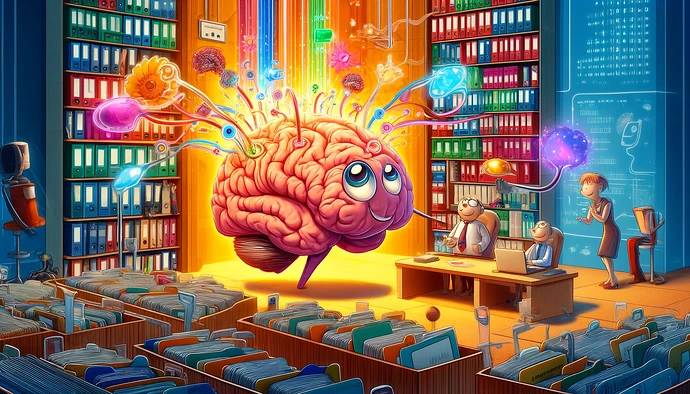I would like to say I try to focus on the truth and facts when having a discussion or making a decision. But boy was I wrong haha Apparently, I do fall to some cognitive biases.
A cognitive bias is a systematic error in thinking that affects the decisions and judgments that people make. It’s a deviation from rational judgment, often caused by our brain’s attempt to simplify information processing. Cognitive biases can lead to perceptual distortion, inaccurate judgment, illogical interpretation, or irrationality.
Purpose of challenge: To learn how to change abstract ideas into imagery.
Benefits of challenge: Be able to see when you or someone else is falling victim to biases.
Here is a list of 20 memory cognitive biases:
- Availability Bias: Remembering information that is easily accessible or recent, leading to overestimating its importance.
- Confirmation Bias: Recalling information that confirms our preexisting beliefs more readily than information that contradicts them.
- Misinformation Effect: Forming false memories or altering existing ones based on misleading information received after an event.
- Suggestibility: Forming memories that are influenced by leading questions or suggestions.
- Hindsight Bias: Believing, after an event has occurred, that we accurately predicted the outcome beforehand.
- Self-Serving Bias: Remembering our successes more readily than our failures, or attributing successes to internal factors and failures to external factors.
- Egocentric Bias: Recalling the past in a way that enhances our own role or importance.
- Cryptomnesia: Mistaking a memory for an original thought, leading to unintentional plagiarism.
- Consistency Bias: Believing our past attitudes and behaviors are consistent with our current ones, even when they have changed.
- Rosy Retrospection: Remembering past events as being more positive than they actually were.
- Mood-Congruent Memory Bias: Recalling memories that are consistent with our current mood more easily than those that are not.
- False Memory: Forming memories of events that never happened or remembering events differently from how they occurred.
- Source Amnesia: Remembering information but forgetting where or how it was acquired.
- Spacing Effect: Better recall of information when study sessions are spaced apart rather than crammed together.
- Serial Position Effect: Remembering items at the beginning (primacy effect) and end (recency effect) of a list better than those in the middle.
- Tip of the Tongue Phenomenon: The feeling of knowing something but being unable to retrieve it from memory.
- Context-Dependent Memory: Recalling information more easily in the same environment in which it was learned.
- State-Dependent Memory: Recalling information more easily when in the same mental state as when it was learned.
- Zeigarnik Effect: Remembering uncompleted or interrupted tasks better than completed ones.
- Next-in-Line Effect: Forgetting what was said by the person who spoke immediately before us, especially when we are focusing on our own upcoming turn to speak.
If you want more cognitive biases, you can check out this wiki because there is a ton of them haha Have fun!
